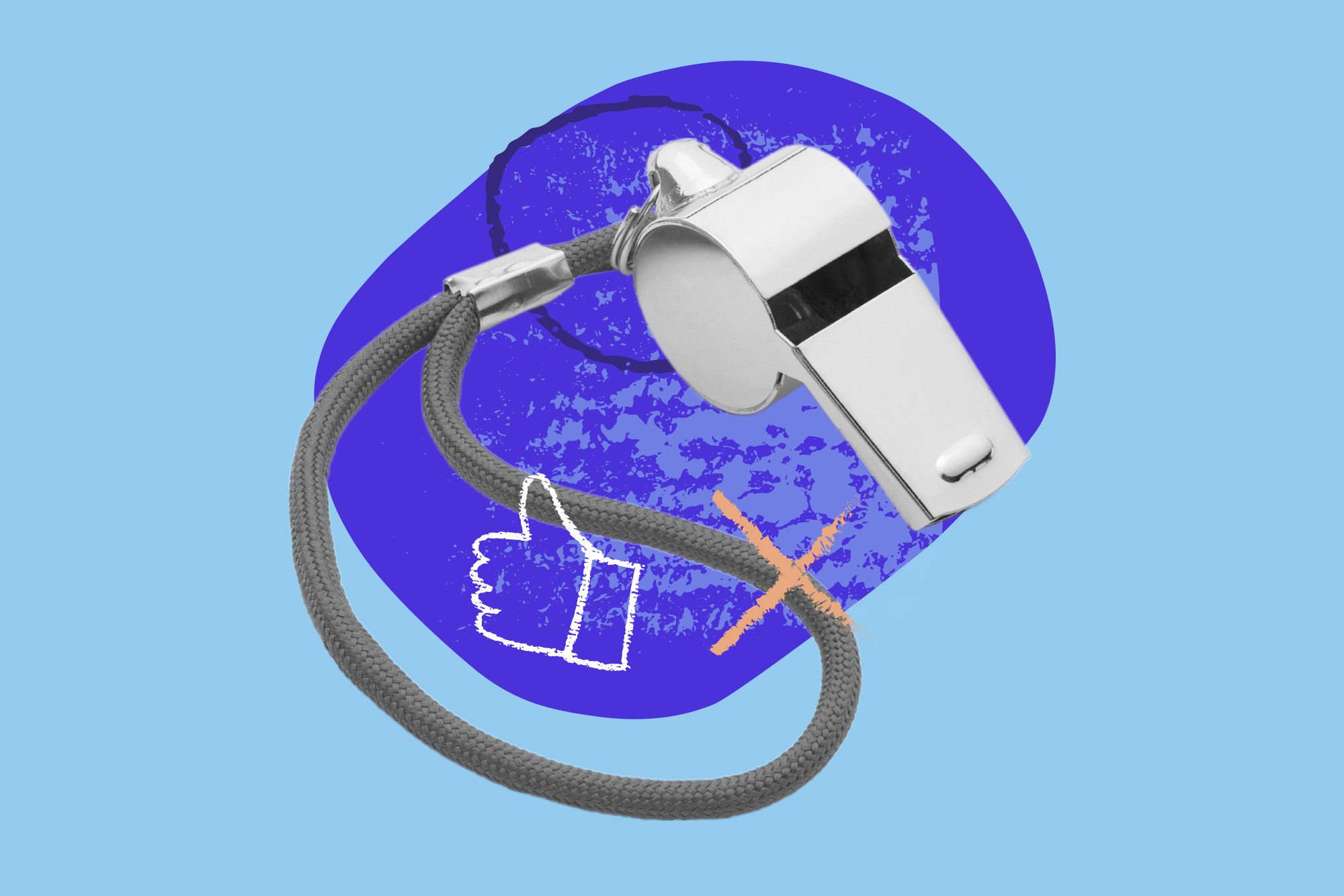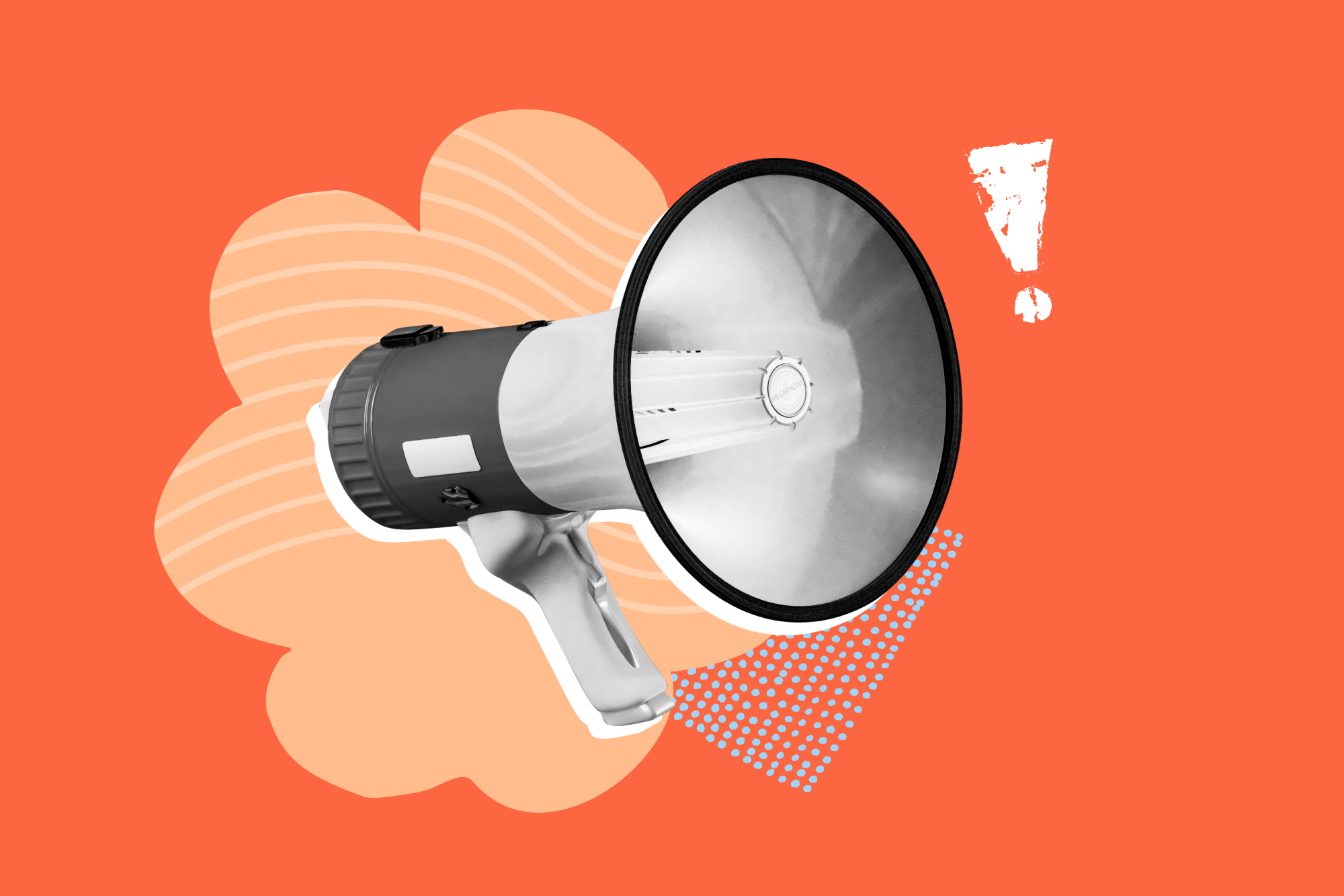Insights from a Trailblazing Youth Activist: Sophie Szew
Published March 1, 2024 | Last Updated May 24, 2025
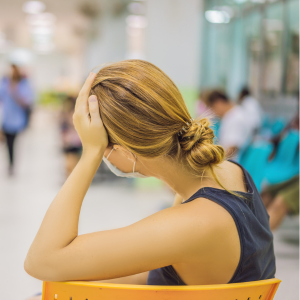
Five years ago, In March of 2018, I sat in front of my doctor at UCLA’s eating disorder partial hospitalization program as these words filled the sterile air and etched themselves into my fragile psyche: “Sophie, I spoke to your insurance today.
I reported to them that your weight is fine, but your organs are failing and you’re not getting any better. There’s not much else we can do for you since according to your weight, you’re perfectly healthy and yet you’re really sick since you’re not eating. They asked if you’re going to make it and I told them you’ll probably be dead in a few weeks. There’s no reason for them to invest in your treatment. You’re a helpless case.”
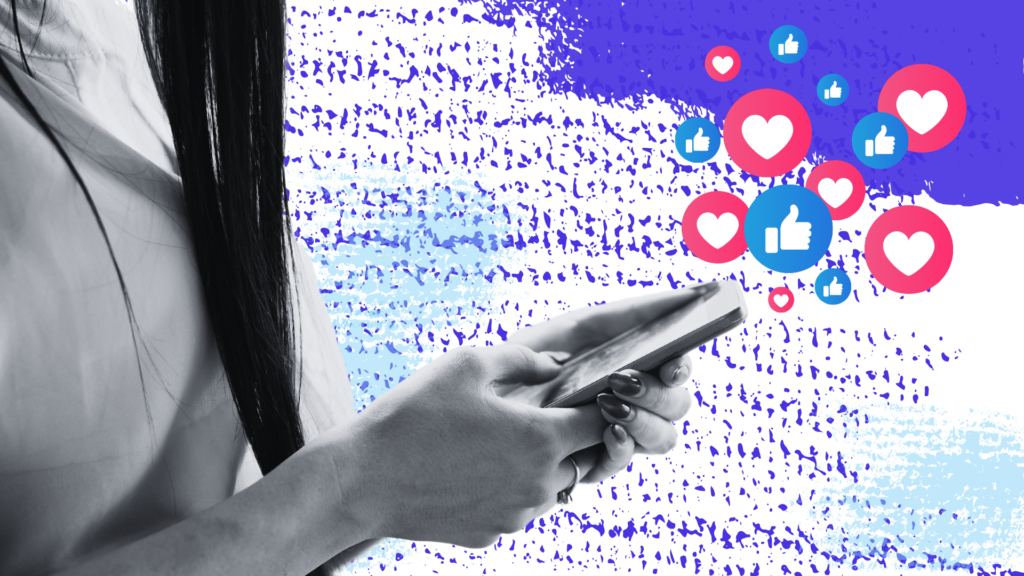
Five years before that, at 10 years old, I decided to “take charge of my health!” And that “the journey starts today!” That I would “get abs in 20 minutes!” And look exactly like the guant-cheeked bleach-blonde girl in the picture captioned: “Nothing tastes as good as skinny feels.”
10-year-old me lived in a larger body, a body society taught me was inherently deserving of the bullying and isolation so many kids that grow up fat live with. So, when one of the girls at my 10th birthday party gasped mouth-hanging-open at the utter tragedy of the fact I “was the only one in the whole universe” who didn’t have an Instagram account, I sat giddy at the opportunity to finally fit in. I didn’t. I filled my profile with pictures of wildflowers and fabric patterns I found beautiful and thought “the entire universe” should see, while my peers posted pictures of mall hangouts I was never invited to, birthday parties and bar mitzvahs where neon-banded braces poked through smiles, and summer pool party photoshoots where pink bikinis framed perfectly flat tummies. Not a single chubby cheek or soft body in sight.
I learned how to use the explore page about a month after I learned how to post pictures and scroll through my feed. It felt like learning how to cross the ocean—my world was so much bigger now, so much room to, well, explore. And so I did. I would spend hours a day scrolling through pictures of pink oceans and heart-shaped islands and strange fish and shoes with markers as the heel. The more bizarre the better. My favorite accounts to spend all day looking through were the ones where the posts were full of tiny text: bulleted lists of life hacks, fun facts, or instructions on how to make a DIY phone case. Instructions soon turned into recipes. Recipes turned into diet tips. Diet tips turned into workouts. Workouts turned into extreme exercise challenges. Extreme exercise challenges turned into before and after pictures of fat bodies next to impossibly thin and muscular photoshopped bodies. Before and after pictures turned into outright pro-ana content. As the posts on the explore page evolved, so did my behavior.
The first time I came across a picture of Kate Moss captioned: “Nothing tastes as good as skinny feels” was the same day I looked at my 10-year-old body in the mirror and decided to make it disappear to half its size. If everyone on my explore page did it, so can I. Easy peasy strict-diet-of-only-lemon-and-warm-water squeezy. I made a promise that I’d do everything it took to look like those girls with the thigh gaps in the after pictures. I would do every workout that appeared on my explore page and double it. I would do every diet challenge but eat half as much.
10 years, 13 hospitalizations, and a couple of near-death experiences later, I’m fully recovered from a disease that I caught in large part through my screen. I have made a career for myself speaking out against weight stigma in eating disorder treatment; which should be an oxymoron. I shared my story with President Biden last year. I’m studying American mental healthcare systems at Stanford. I performed poetry inspired by poems I wrote in the pack of therapy worksheets in the hospital at Mayor Karen Bass’s inauguration. Many of those who ask me to speak at events find me through social media. I post about all of it on the same Instagram account that once almost killed me, and I am writing this Op-Ed on the same notes app where I once recorded my daily caloric intake. It is all very full circle. I am part of a supportive community of advocates that have all been through experiences like mine—a community one could argue consists of my entire generation.
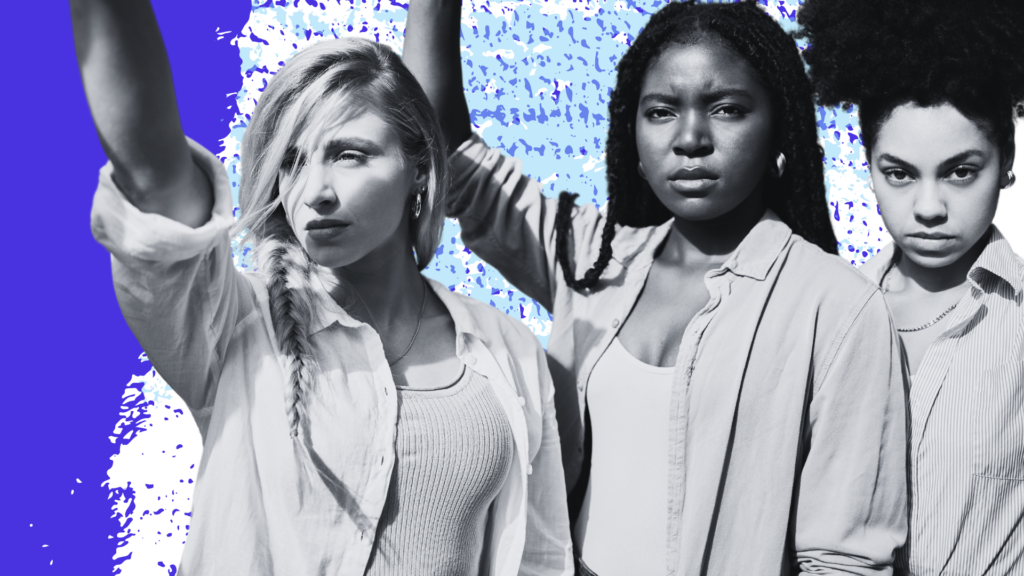
And yet the circle isn’t complete for everyone—there is a bite left out of the Apple. Not all of us made it out. People are dying from eating disorders every 52 minutes. Eating disorders are the second-leading cause of mental health-related death following overdoses, many of which happen due to fentanyl-laced substances sold on social media. Social media is used for the human trafficking of children. Cyberbullying-related suicides are rampant. As someone who’s found community and advocacy and the strengthening of friendships on social media, I have no desire to call for it to be abolished. But I am calling on social media companies to abolish the practices that they know lead kids to suffer because they also know these are the very practices that drive a profit. I am calling on them to stop content that can cause eating disorders from reaching children’s social media accounts. I am calling for them to prevent the sale of fentanyl and human trafficking.
I am speaking out for 10-year-old Sophie who decided to lose weight due to social media and 15-year-old Sophie who almost died because of this. I am speaking out for all the children in “the whole universe” whose humanity has been reduced to inputs in an algorithm of addiction for the sake of profit. My generation deserves to be seen as human beings, not lines of code to be manipulated to output dollar signs.
Wondering how to help your child navigate social media without harming their body image? Download our free Parent’s Guide to Social Media for expert-backed tips to reduce harm and build confidence.

